Contact Us
Translations provided by native professional translators & proofreaders
Blog
template_view_blogs.php
Summary When it comes to translating important documents, accuracy and legal validity are critical. But what’s the difference between notarized translation and certified translation? Understanding when you need one or the other can save you from delays and mistakes. In this blog, we break down the essential distinctions, highlight the role of an accredited translator,… Continue reading Notarized Translation vs. Certified Translation: Key Differences You Must Know Summary In today’s global market, translating isn’t just about swapping words. It’s a bridge for business, diplomacy, and law. One wrong word can kill a contract, endanger a patient, or even change a court decision. Because of that, the market needs a guarantor of precision, cultural sense, and legal compliance. The American Translators Association (ATA)… Continue reading Why the American Translators Association Matters for Quality Translation Summary Certified translation services are necessary when accuracy and legal validity are paramount. Whether dealing with immigration applications, legal contracts, or official records, certified translations ensure your documents meet regulatory standards. This blog provides a comprehensive checklist to ensure your translation is certified, accurate, and legally accepted. From understanding USCIS translation requirements to choosing a… Continue reading Certified Translation: The Ultimate Checklist for Accuracy and Acceptance Summary When you need to submit documents for official use, a certified translation is often required to ensure accuracy and acceptance. Whether for USCIS certified translation, legal documents, or business contracts, certified translations guarantee that your documents are both accurate and legally valid. This guide outlines when and why certified translation services are essential and… Continue reading Certified Translation: The Ultimate Checklist for Accuracy and Acceptance Summary Cross‑border business, lawsuits that span countries and the flow of people across borders all need correct multilingual paperwork. When a contract, court filing or immigration form has a translation mistake, you can get a breach, a lost deadline or even a visa denial. Professional document‑translation services fix those problems by mixing language skill, official… Continue reading Why Document Translation Services Are Essential for Legal and Immigration Needs Summary In a globalized world, the need for accurate and culturally sensitive translation services is growing. Whether you’re expanding your business overseas, dealing with legal documents, or simply translating a personal document, selecting the right translation partner is critical for success. In this guide, we’ll explore key factors to help you choose the best translation… Continue reading Choosing the Right Translation Services in 2025

Notarized Translation vs. Certified Translation: Key Differences You Must Know

Why the American Translators Association Matters for Quality Translation

Certified Translation: The Ultimate Checklist for Accuracy and Acceptance

Certified Translation: The Ultimate Checklist for Accuracy and Acceptance

Why Document Translation Services Are Essential for Legal and Immigration Needs

Choosing the Right Translation Services in 2025


